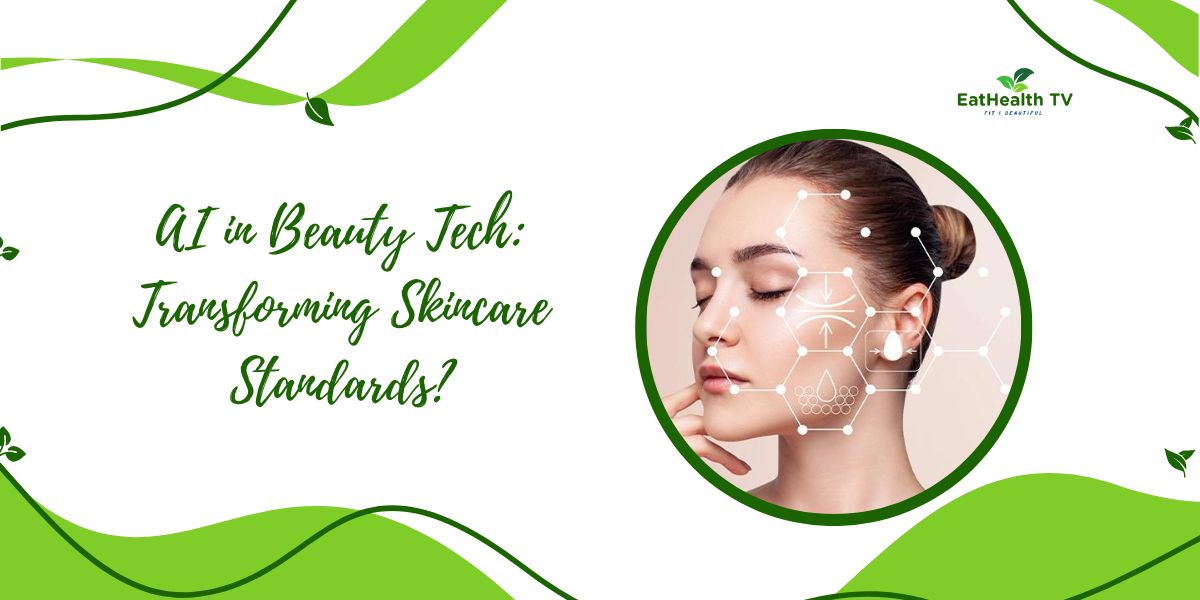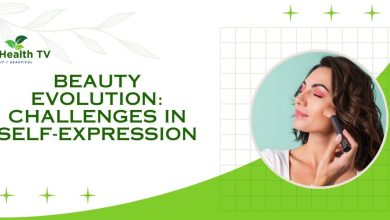AI in Beauty Tech: Transforming Skincare Standards?
Unveiling the Future of Skincare: AI's Beauty Tech Revolution

AI in Beauty Tech: Revolutionizing Skincare Standards
In the age of technological advancement, artificial intelligence (AI) is making its mark in every industry, including beauty. From personalized skincare recommendations to virtual makeup try-ons, AI-powered beauty tech is transforming the way we approach skincare and cosmetics. In this comprehensive guide, we will explore the role of AI in revolutionizing skincare standards, from its applications in skincare analysis to the development of innovative beauty products. Whether you’re a skincare enthusiast, a beauty professional, or simply curious about the latest trends in beauty technology, this article will provide valuable insights into the transformative power of AI in the beauty industry.
Understanding AI in Beauty Tech:
- What is AI in Beauty Tech?: AI in beauty tech refers to the use of artificial intelligence algorithms and machine learning techniques to analyze skincare data, provide personalized recommendations, and enhance the beauty shopping experience. From virtual skin analysis to customized product suggestions, AI is revolutionizing the way consumers interact with beauty brands and products.
- Types of AI Applications in Beauty Tech: There are various applications of AI in beauty tech, including skincare analysis, virtual try-on tools, personalized product recommendations, and augmented reality (AR) makeup simulations. These technologies leverage AI algorithms to analyze user data, detect skin conditions, and provide tailored solutions for individual skincare needs.
The Impact of AI on Skincare Standards:
- Personalized Skincare Recommendations: AI-powered skincare analysis tools analyze factors such as skin type, concerns, and environmental influences to provide personalized skincare recommendations. By leveraging AI algorithms, beauty brands can offer customized solutions that address specific skincare needs, resulting in improved efficacy and customer satisfaction.
- Virtual Makeup Try-Ons: Virtual makeup try-on tools use AI and AR technologies to simulate the application of makeup products in real-time. These tools allow users to experiment with different makeup looks and shades virtually, enabling them to make more informed purchasing decisions and explore new beauty trends without the need for physical products. Just as we know Robotic Surgery and AI: A Glimpse into Medical Futures
Challenges and Considerations:
- Data Privacy and Security: One of the key challenges associated with AI in beauty tech is data privacy and security. As AI algorithms rely on user data for analysis and personalization, it’s essential for beauty brands to prioritize data protection measures and ensure compliance with privacy regulations to safeguard consumer information.
- Algorithm Bias: Another challenge is the potential for algorithm bias, where AI systems may unintentionally perpetuate existing biases and stereotypes, particularly in areas such as skin tone analysis and beauty standards. To address this issue, beauty brands must implement ethical AI practices and strive for diversity and inclusivity in their algorithms and product offerings.
Future Trends and Opportunities:
- AI-Powered Skincare Devices: The future of beauty tech lies in AI-powered skincare devices that offer advanced features such as real-time skin analysis, personalized treatment recommendations, and automated skincare routines. These devices have the potential to revolutionize at-home skincare practices and empower consumers to take control of their skin health.
- Biometric Skin Tracking: Biometric skin tracking technologies use AI algorithms to monitor changes in skin health over time, allowing users to track the efficacy of their skincare routines and identify potential skin concerns early. By leveraging biometric data, beauty brands can develop targeted solutions that address specific skincare needs and deliver measurable results.
Conclusion:
In conclusion, AI in beauty tech is revolutionizing skincare standards by offering personalized solutions, enhancing the beauty shopping experience, and driving innovation in product development. By harnessing the power of AI algorithms and machine learning techniques, beauty brands can create more inclusive and effective skincare products and services that cater to individual needs and preferences. However, it’s essential for beauty brands to address challenges such as data privacy, algorithm bias, and ethical considerations to ensure the responsible and ethical use of AI in the beauty industry. With continued innovation and collaboration, AI has the potential to reshape the future of skincare and cosmetics, empowering consumers to achieve their beauty goals with confidence and authenticity.




